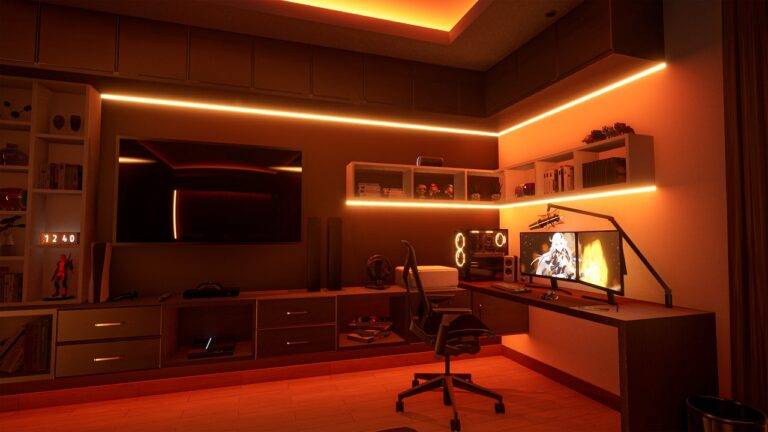How to Create a Home Pottery Wheel Studio
When establishing your pottery wheel studio, it’s crucial to consider the layout of your space. Your studio should be well-lit with ample natural light, as this will help you to see the details of your work clearly and accurately. Additionally, ensure that your studio has good ventilation to prevent the buildup of clay dust and fumes, which can be harmful when inhaled.
Another important aspect of setting up your pottery wheel studio is organizing your tools and supplies in a way that promotes efficiency and creativity. Consider installing shelves or storage units to keep your clay, tools, and finished pieces easily accessible yet neatly organized. Having a well-organized studio will not only make your work more enjoyable but will also help you to work more productively.
Choosing the Right Location for Your Studio
Selecting the right location for your pottery studio is crucial to creating a productive and inspiring workspace. Consider a space with ample natural light, as it can enhance your focus and create a more pleasant atmosphere for your pottery sessions. A well-ventilated area is also important to ensure proper air circulation while working with clay and glazes.
When choosing a location for your studio, think about the convenience of access to water. Having easy access to a water source is essential for cleaning your tools, preparing clay, and glazing your pottery pieces. Additionally, consider the proximity to storage space for your materials and finished pieces to maintain an organized and efficient workspace.
Selecting the Perfect Pottery Wheel for Your Space
When choosing the perfect pottery wheel for your space, consider the size of the wheel in relation to the available area in your studio. A larger wheel may require more room to operate comfortably and may not be suitable for smaller studios. On the other hand, a smaller wheel can be a good option if space is limited.
Another factor to consider is the type of pottery you plan to create and the features you need in a pottery wheel. For beginners or those working on smaller projects, a basic tabletop wheel may be sufficient. However, if you are working on larger pieces or need more control over speed and direction, you may want to invest in a more advanced model with additional features.





